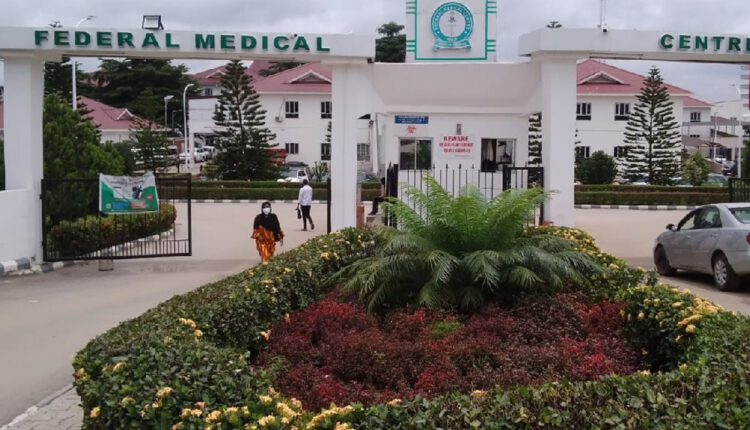“We Just Wanted Help”: Viral Video from FMC Jabi Ignites National Soul-Searching on Emergency Care
It began with a phone camera, a bloodstained backseat, and a desperate voice—pleading for help.
A Good Samaritan, his hands shaking, had just rushed victims of a road accident to the Emergency Unit of the Federal Medical Centre (FMC), Jabi. But what he captured in that moment was more than a hospital visit—it was a portrait of a country’s fragile contract with its own people.
In the viral video, he narrates that hospital staff allegedly refused to attend to the injured, citing a lack of gloves. The victims—some bleeding, others groaning in pain—stood or limped alone. Only later are some assisted inside.
The images have haunted Nigerians ever since.
“We just wanted help,” one survivor whispered from her hospital bed, her voice barely audible. “That’s all. We didn’t know if we would live. We just wanted someone to see us, touch us, help us.”
In response, FMC Jabi said there was no shortage of medical supplies at the time. Hospital spokesperson Obadiah Gana explained that gloves, trolleys, and emergency tools were fully available and an internal investigation is ongoing.
The Federal Ministry of Health has also stepped in, with Minister of State for Health and Social Welfare, Dr. Iziaq Salako, ordering a full probe into the incident.
But for many Nigerians, this is no longer about who had what on hand. It’s about what is missing in the system—empathy, urgency, and trust.
“It’s not always the equipment that fails,” said public health worker Ngozi Anaba. “Sometimes it’s the human response. That moment when a person in pain needs someone to act—and nobody does.”
The heartbreak is not new. Many families in Nigeria have stories of loved ones lost—not to lack of drugs or doctors, but to hesitation, to paperwork, to waiting too long for someone to care.
“Somewhere along the line, we forgot that medicine begins with compassion,” said Dr. Yemi Ogunleye, a trauma surgeon in Lagos. “We teach clinical care, but do we teach how to respond when a bleeding stranger cries for help?”
The video from FMC Jabi has become a symbol—of broken systems, overwhelmed workers, and ordinary Nigerians caught in between. It has reopened the painful conversation about how hospitals, especially public ones, respond in emergencies.
While FMC boasts successful surgeries and advanced treatments, many Nigerians ask a simpler question: Can I be saved when I’m most vulnerable?
“I don’t want a kidney transplant,” said Baba Musa, a roadside mechanic. “I just want to know that if I fall, someone will help me up—without asking for my ID or if I can pay.”
The Federal Government has promised transparency. FMC Jabi says its doors are open to public feedback. But for victims and their families, true healing will come only when hospitals no longer have to choose between policy and pulse, between protocol and people.
And for a country still reeling from avoidable deaths, the video has become more than evidence—it is a mirror.
When it’s your child… your brother… your mother… will help come fast enough?
And will someone, somewhere, simply care?

